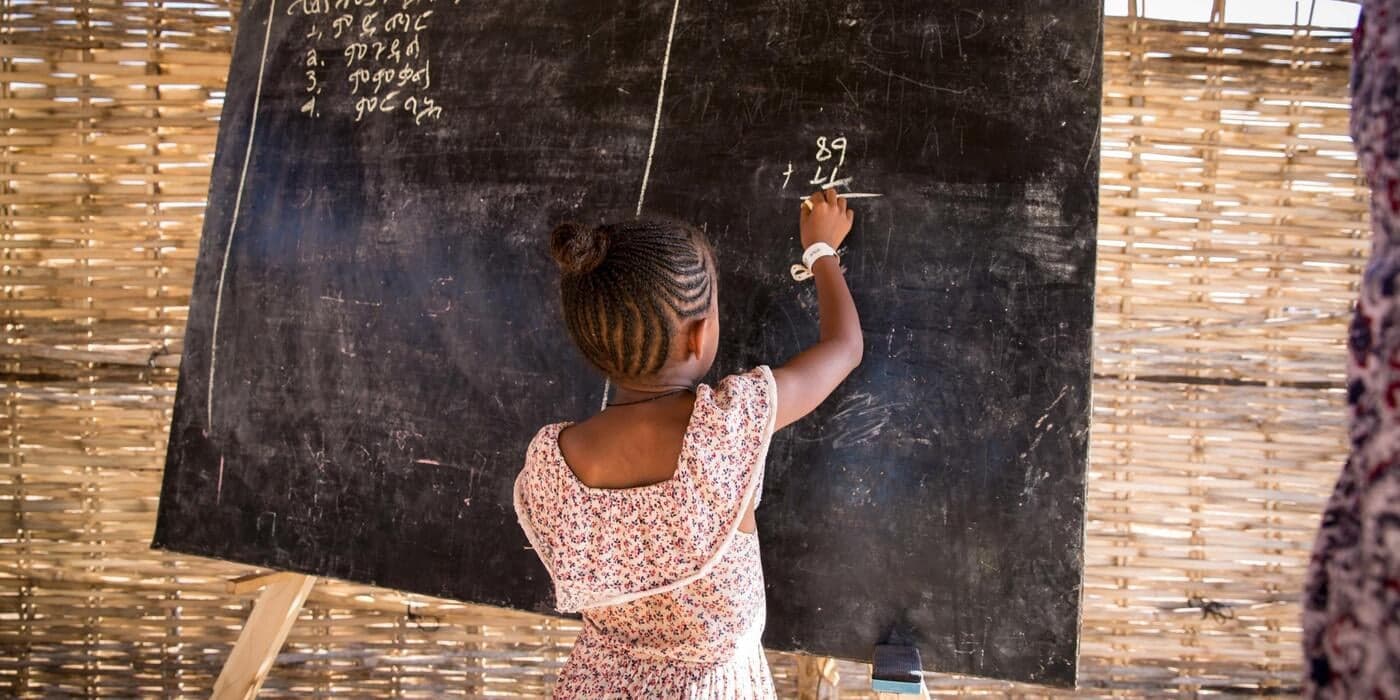The Challenge
When war erupted in Sudan in April 2023, the Norwegian Refugee Council (NRC) lost access to many areas where they had been providing critical aid. The situation rapidly became unstable and insecure, with blocked roads and broken communication lines making it dangerous and often impossible to reach these locations.
Before the conflict, the NRC had begun implementing the Group Cash Transfer (GCT) programme. This initiative involved transferring small grants to trusted local community members, who would then use the funds to deliver essential services such as distributing non-food items, setting up communal kitchens, and more. The programme was designed to empower local responders to address the immediate needs of their communities. As the war escalated, the NRC's ability to physically reach many areas became nearly impossible.

The Solution
Recognizing the challenges posed by the war in Sudan, the NRC sought an innovative solution to maintain effective oversight of its GCT programme. They collaborated with Fortell to deploy avatars in Sudan, which allowed for direct engagement with programme beneficiaries without requiring physical presence in conflict zones.
Through the use of Fortell's avatars, the NRC was able to conduct outcome monitoring and evaluate the quality of services provided. These avatars interacted with focal points in the communities, helping to identify any challenges encountered during the GCT programme's implementation.
Additionally, Fortell's system facilitated the swift analysis of collected data and the creation of detailed reports. This rapid feedback mechanism enabled NRC to make quick adjustments and improvements to the GCT programme.

How We Did It
To address the challenges of assessing the GCT programme in war-torn Sudan, the NRC and Fortell came up with an innovative solution. They used Arabic-speaking avatars to interview the leaders of the cash transfer groups. These avatars were able to handle both selectable and spoken responses, making it possible to gather detailed feedback without needing to be physically present.
A key part of this process was a 62-question survey created by Fortell and the NRC. This survey was designed to evaluate the success of the cash distribution, identify any problems, and get suggestions for improvement. The survey was sent directly to the group leaders via WhatsApp or text messages, aiming to reach them in the most convenient way possible.
However, the project faced significant hurdles. Initially, Sudan experienced a complete internet blackout, which delayed the start of data collection. Even after some connectivity was restored, internet and phone service remained unreliable. Many leaders struggled to receive the survey links due to these ongoing issues, which slowed down the process.
Despite these obstacles, the avatars provided valuable benefits. They were particularly good at analysing the detailed feedback from the survey. Unlike traditional methods, the avatars could quickly process and analyse open-ended responses, offering deeper insights into the data.
Though the project encountered difficulties with connectivity, the use of avatars allowed the NRC to continue gathering important information and improve the GCT programme based on the feedback received.
© Fortell.ai 2026